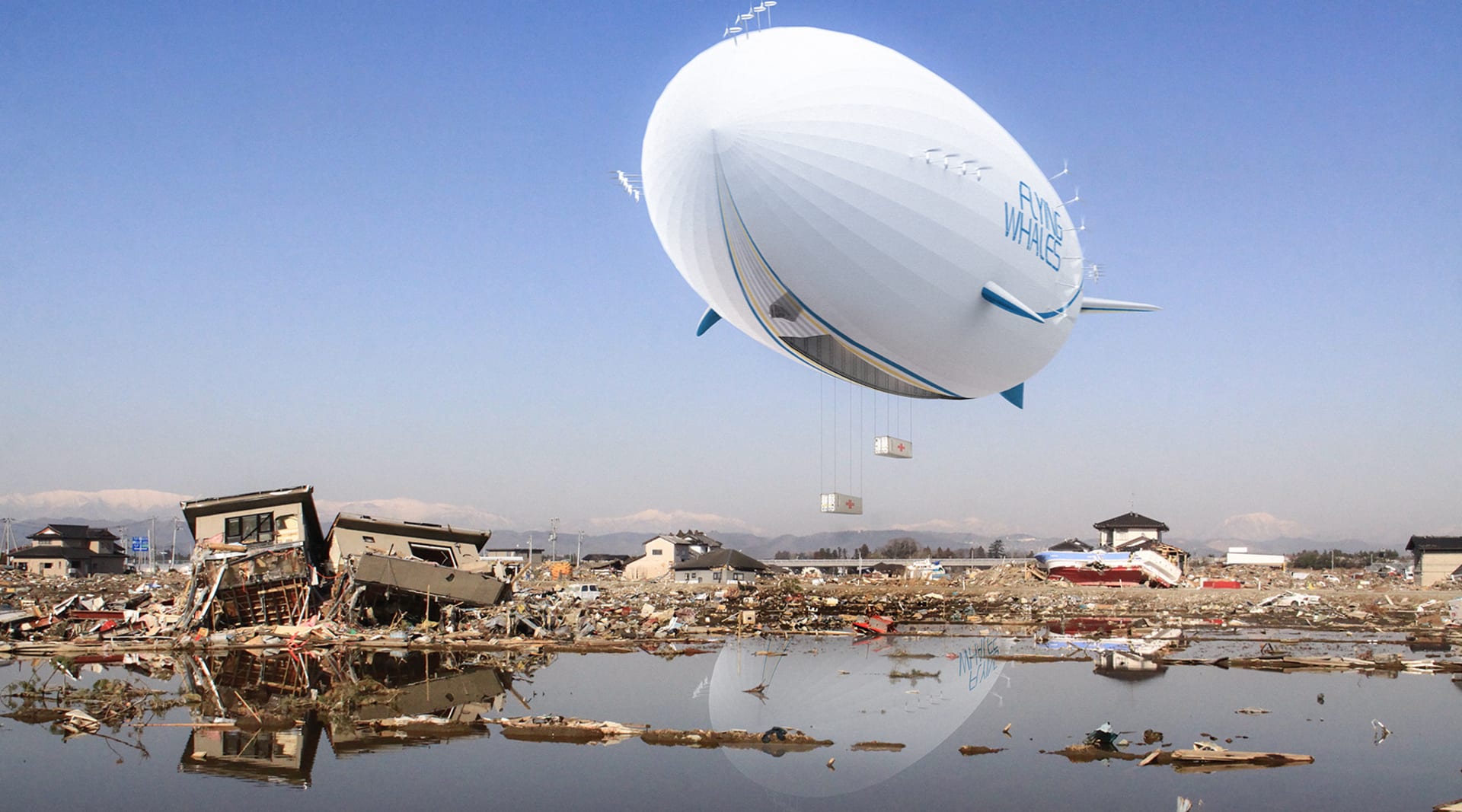Acknowledging the growing inaccessibility of healthcare, social impact start-up Fabric Health is bringing services to the most unlikely places. In Philadelphia they are offering mammograms, skin cancer screenings and blood tests at laundromats. This concept makes good use of the downtime customers have whilst waiting for their laundry, making it ideal for people who can’t afford to take time off work, and accessible to those who cannot afford to travel to traditional health care facilities.
The Office for Metropolitan Architecture (OMA) has teamed up with creative studio Squint/Opera to create a prototype for a low-rise hospital where modularity, prefabrication, and automation are key. These features ensure that the Al Daayan Health District in Qatar can be reconfigured and expanded to react to events that lie outside the realm of regular expectations, such as a pandemic or climate emergencies. The prototype is positioning itself as a low-cost alternative to familiar hospital models and thanks to its minimum reliance on global supply chains, it can be assembled in almost any environment.
With the pandemic prompting many people to relocate and an increased focus on health, medical providers are finding new ways to reach isolated communities. Health and wellness brands should be mindful of the need to mobilize their offerings to cater to an increasingly dispersed and health-centric consumer base. This will help to future proof brands by ensuring that they are prepared for future high impact emergencies or pandemics.




